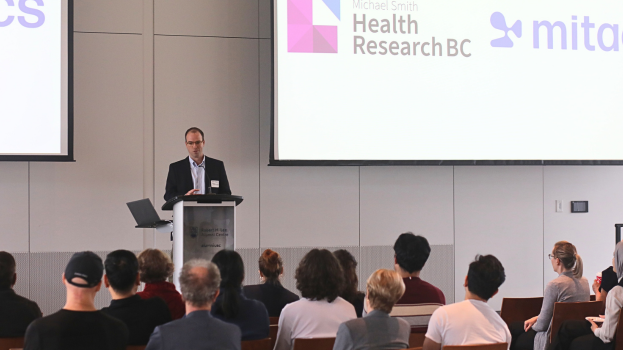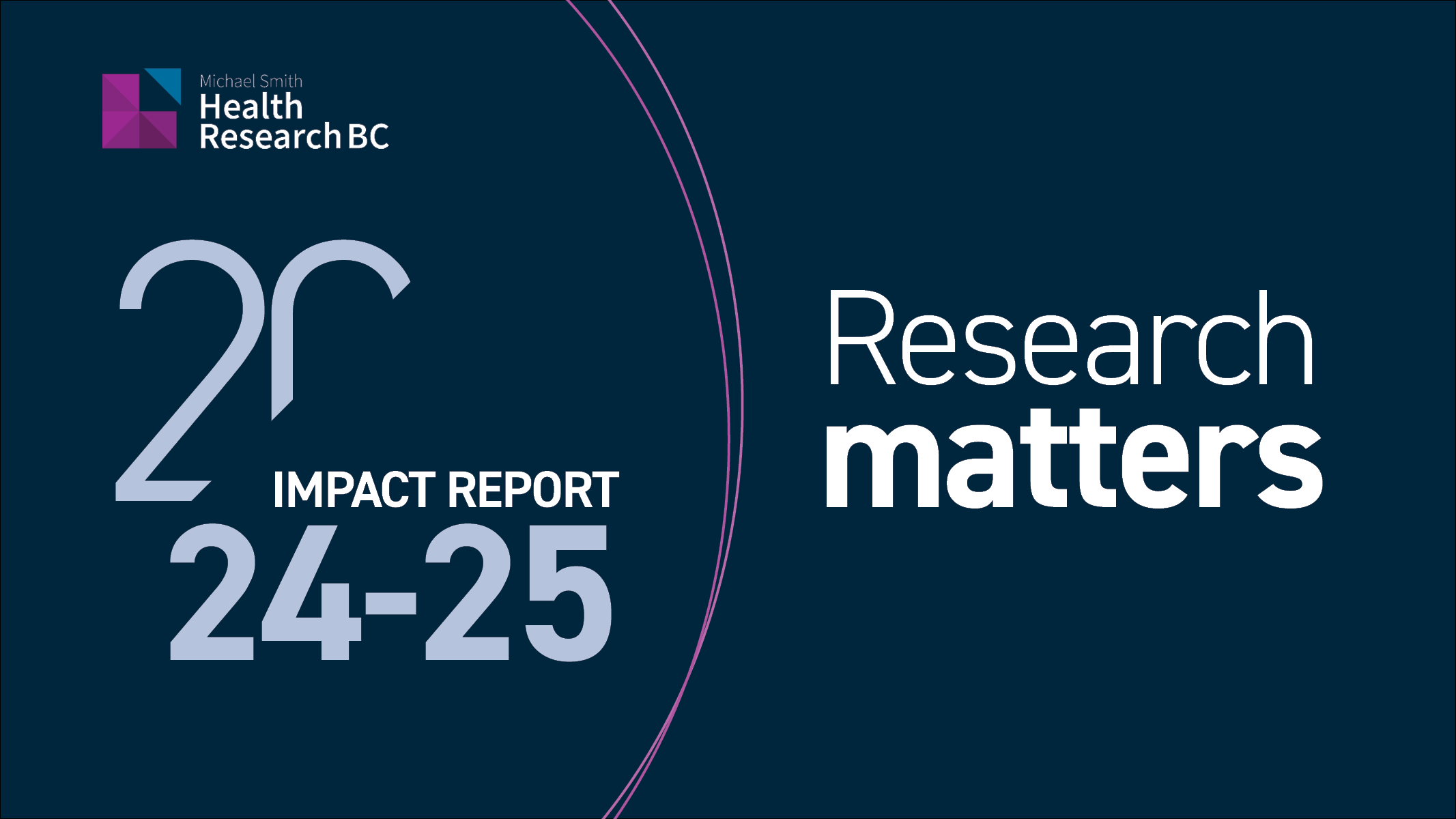Open science: Promise, progress and opportunities
17 April 2025

What is open science?
Open science broadly reflects efforts to improve the inclusiveness, accountability and impact of science.
It includes practices that aim to make research more transparent, accessible and collaborative (e.g., open access publishing, open data, study registration, and collaborative research with communities and knowledge users).
Over the past year, we’ve had the privilege of hosting a series of KT Connects webinars focused on open science, in partnership with Arthritis Research Canada. Through eight webinars and discussions with 10 speakers, we explored what open science means in health research—its principles, its promise and its complexities.
As we reflect on the key lessons from this series, we are struck not only by the breadth of what open science encompasses but also by its relevance to the evolving landscape of health research and its implementation in practice and policy in British Columbia.
Why open science?
Health research and health systems globally are navigating increasingly complex challenges: demographic shifts, pandemics, climate change, inequities in health outcomes and access, and a shifting cultural and political climate toward science that has significant implications for public trust. At the same time new technologies are transforming how data are collected, analyzed and shared. These forces have prompted questions about how research is conducted, who participates and how knowledge is translated into real-world benefits.
Open science offers one response. It aims to bring greater transparency, inclusivity and responsiveness to the research process. Yet, as we heard throughout the series, open science is not yet the status quo—it is a shift in culture, not just practice.
Opportunities
Our speakers highlighted several opportunities that open science presents. These principles align closely with Health Research BC’s strategy and commitments.
- Greater collaboration across disciplines and sectors
Breaking down silos and engaging communities, knowledge users and decision-makers leads to more relevant and innovative research—something we believe is essential in tackling complex health challenges here in B.C. and beyond.
- Greater reliability of research
Practices like study registration, preprints and data sharing enhance transparency, reduce publication bias and help prevent research waste. These practices can build public trust and enhance the robustness and reproducibility of research.
- Promoting equity
Community-based research approaches, participatory engagement and integrated knowledge translation broaden who contributes to research and who benefits from it. The research community might also work collaboratively with other social actors, such as journalists, to help provide clear, accurate and accessible information that benefits society at large.
Challenges
However, the path to more open science is not without obstacles. Throughout the series our speakers were candid about barriers.
- Enabling infrastructure and policy alignment
Researchers require access to user-friendly platforms for data sharing, support for open access publishing and clear guidelines to navigate ethical and legal considerations.
- Academic research incentives and reward structures
Traditional metrics like journal impact factors still dominate academic evaluation and often do not reflect the collaborative, transparent and inclusive efforts that underpin open science. Addressing this tension requires systemic change and we recognize that research funders and institutions—including Health Research BC—have a role to play. Our commitment to supporting frameworks like the San Francisco Declaration on Research Assessment (DORA) is one step but more work is needed.
- Privacy and intellectual property rights
Protecting sensitive data and respecting community control—such as Indigenous data sovereignty—must be approached with care, particularly in health research. Meanwhile, intellectual property frameworks must evolve alongside new models for sharing knowledge.
- Responsible communication
Transparency is vital, but it is equally important to ensure that openness does not unintentionally contribute to misinterpretation, particularly as we take advantage of tools like preprints that can rapidly disseminate preliminary research findings. Researchers should actively participate in the public dialogue, fostering trust by sharing accurate and contextualized outputs and by remaining engaged with the use of evidence beyond publishing study results.
Moving Forward: Implications for BC
What does this mean for health research in BC? A few themes stand out.
First, advancing open science requires collective, coordinated efforts—not only among researchers but also among funders, institutions, policymakers and other players in the research system. We heard clearly that no single actor can make these changes alone.
Second, there is an opportunity for us at Health Research BC to continue facilitating dialogue, supporting capacity-building and ensuring that research assessment evolves in ways that value transparency, equity and collaboration. Our participation in networks like the Research on Research Institute (RoRI) and Impact Funders Forum (formerly Transforming Evidence Funders Network) underscores this commitment.
Finally, we recognize that open science is not one-size-fits-all. Different communities and disciplines may use different terms, frameworks, and approaches. Our role is to help create space for these diverse voices, fostering trust and shared understanding.
In summary, open science presents both opportunities and challenges. As we look ahead, we remain committed to supporting researchers, policymakers, and communities in navigating this evolving landscape with care, thoughtfulness, and openness. Integral to this commitment is ensuring that as openness increases, so too does the clarity, accuracy and accessibility of the information shared—helping to strengthen public trust, and engagement, in science and health research in BC and beyond.
Stay informed
Learn more about Knowledge Translation at Health Research BC.
Subscribe to our newsletter and follow us on LinkedIn.





